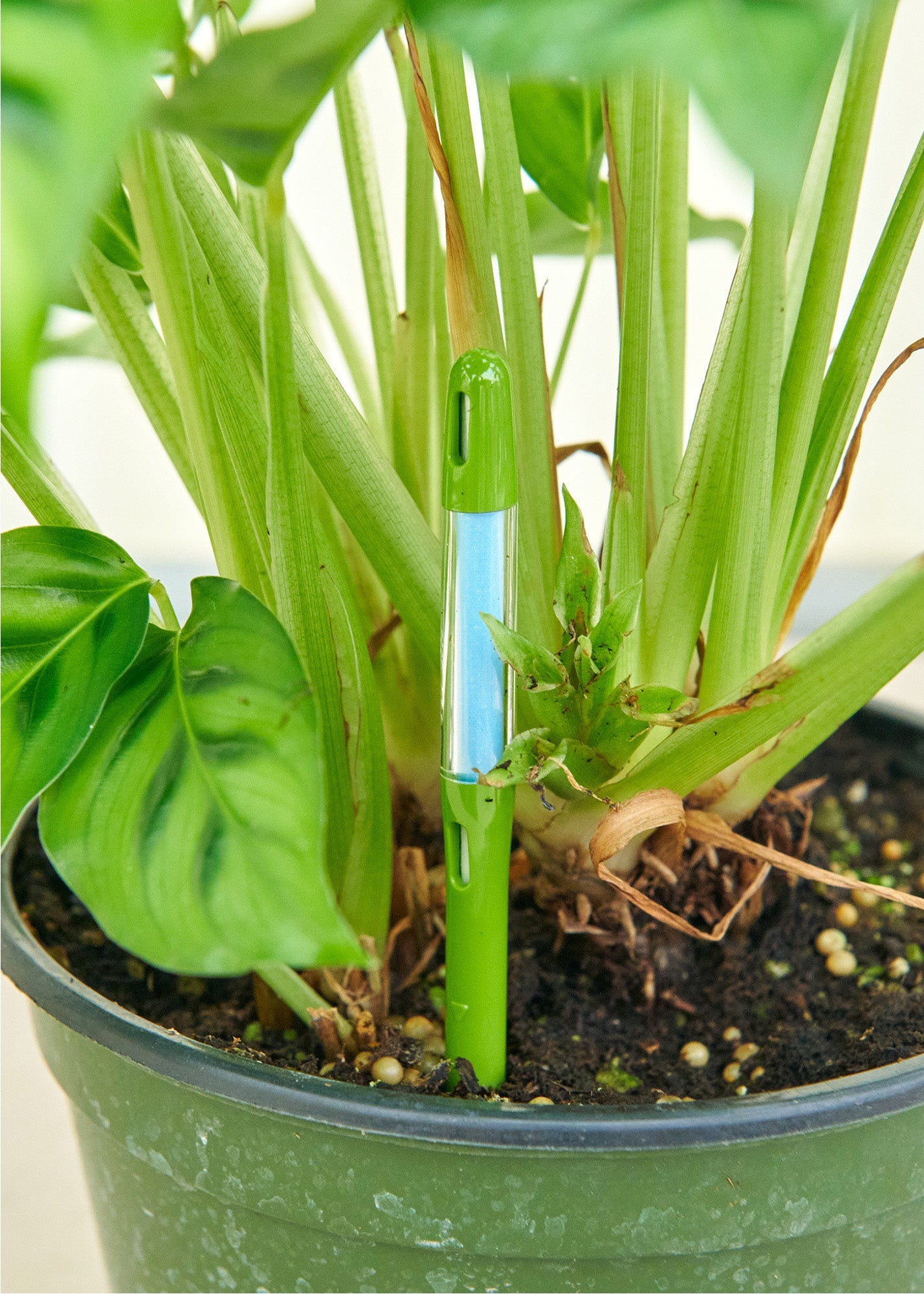Moisture Meter Purchasing Overview: What to Try to find in High-Quality Instruments
The Ultimate Guide to Moisture Meters: A Comprehensive Summary and Exactly How They Can Save You Cash
In the world of building maintenance, building, and various industries, the relevance of properly determining wetness levels can not be overemphasized. Moisture meters function as crucial devices in identifying and keeping an eye on moisture web content in products, aiding in preventing pricey problems and guaranteeing the quality of items. Comprehending the nuances of various types of dampness meters, their applications, and the potential cost-saving benefits they supply can be a game-changer for professionals and organizations alike. Finding how these tools can not only simplify processes yet likewise add to monetary savings is a journey worth embarking on.
Sorts Of Moisture Meters
One usual type is the pin-type moisture meter, which determines the electric resistance in between two pins placed right into a product. Pinless moisture meters, on the other hand, usage electro-magnetic sensing unit plates to check a bigger area without causing damage to the product's surface area.
Infrared dampness meters determine the thermal residential properties of a material to identify its moisture web content non-invasively, making them valuable for applications where pin or pinless meters might not be appropriate. Understanding the different kinds of wetness meters offered can help industries pick the most proper tool for their specific dampness dimension needs.

Advantages of Using Moisture Meters

Additionally, using moisture meters can lead to increased power performance. In farming setups, wetness meters play an important function in optimizing crop returns by making it possible for farmers to keep an eye on dirt wetness levels and make informed watering choices.
How to Choose the Right Moisture Meter
Selecting the suitable wetness meter involves considering vital aspects such as material compatibility, measurement array, and calibration accuracy. When choosing a dampness meter, it's necessary to make sure that the meter is suitable for the specific product you will be testing. Various materials have differing electrical homes that can affect dampness readings, so picking a meter created for your material is critical for precise outcomes. Furthermore, take into consideration the dimension variety of the wetness meter. Ensure that the meter can identify wetness degrees within the range needed for your applications. Calibration accuracy is one more critical aspect to remember (Moisture Meter). Choose for a moisture meter with trusted calibration to guarantee specific and consistent readings. Some meters might require regular calibration changes, so understanding the calibration procedure is very important. By thoroughly reviewing these elements, you can select a dampness meter that meets your requirements and gives accurate moisture measurements for your tasks.
Correct Techniques for Moisture Meter Usage
To make sure exact moisture readings and make best use of the effectiveness of a wetness visit our website meter, utilizing correct techniques is important. When utilizing a pin-type dampness meter, put the pins or probes right into the material being tested until they make full get in touch with. Make sure the pins are vertical to the surface area to obtain one of the most precise reading. For pinless wetness meters, hold the gadget level versus the product and relocate gradually to cover the whole location for an ordinary analysis. It's vital to adjust the dampness meter according to the material being tested to boost precision. top article Take numerous analyses throughout the surface area and typical them out for a much more trusted outcome. In addition, make certain that the product being checked is acclimated to the setting to avoid skewed readings. Regular upkeep of the dampness meter, such as cleaning up the pins or sensor, is also vital to ensure regular and exact readings. By adhering to these correct methods, users can depend on their dampness meter to supply credible moisture degrees, helping in avoiding costly damages or guaranteeing quality in numerous applications.

Cost Financial Savings With Moisture Meter Applications
Just how can the strategic usage of wetness meters lead to substantial cost savings across different markets? In the farming sector, moisture meters aid in identifying the ideal time for collecting plants, protecting against over-drying or excess moisture that can impact the last product's quality.

Furthermore, in the food processing industry, moisture meters are important for keeping an eye on product high quality and making sure conformity with security guidelines. By precisely determining wetness material in foodstuff, makers can stop wasting, preserve freshness, and reduce waste, resulting in significant price financial savings. Generally, the calculated application of wetness meters is an important investment that can bring about significant price decreases and enhanced efficiency throughout numerous markets.
Final Thought
Finally, moisture meters are beneficial devices for measuring and detecting dampness levels in various products. By using the best moisture meter and adhering to appropriate techniques, customers can successfully avoid costly problems triggered by excess moisture. Purchasing a quality wetness meter can result in significant cost financial savings over time by determining potential problems early on and making it possible for prompt removal. Ultimately, wetness meters are important tools for maintaining the honesty and longevity of frameworks and products.
Dampness meters serve as vital devices in spotting and checking moisture content in materials, helping in protecting against pricey damages and guaranteeing the high quality of items. Infrared dampness meters measure the thermal residential properties of a product to determine its moisture content non-invasively, making them beneficial for applications where pin or pinless meters might not be ideal.Dampness meters offer important advantages in precisely monitoring and evaluating wetness levels in diverse materials and environments. In agricultural settings, moisture meters play an important function in enhancing crop yields by allowing farmers to keep track of soil moisture levels and make informed irrigation decisions.In conclusion, wetness meters are useful devices for gauging and identifying dampness levels in various materials.